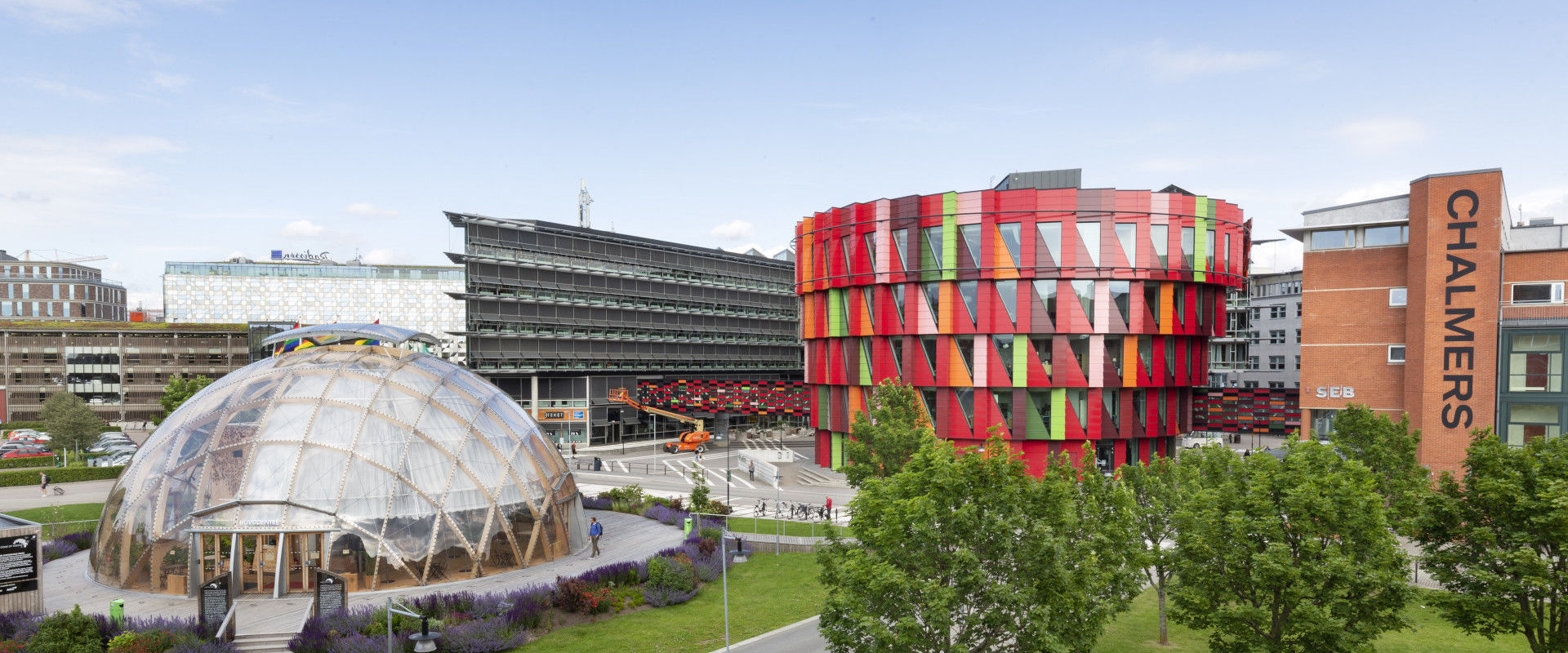
The King group is recruiting a postdoc/researcher to help develop and run a mass spectrometry laboratory unit for the robot scientist
Genesis. Genesis is being engineered as an automated laboratory with the hardware for 10 000 parallel microchemostat cultivations.
Sample analysis units of Genesis include mass spectrometry untargeted metabolomics and sequencing for transcriptome profiling.
The metabolomics unit consists of liquid handling robots, an Agilent RapidFire Solid Phase Extraction (SPE) system, an Agilent 6560 ion mobility quadrupole time-of-flight mass spectrometer. Genesis software is being designed to operate the laboratory system, select the most feasible experiment and analyze data for yeast model refinement.
The overall thought of this project is to develop an autonomous AI laboratory system capable to generate a high-fidelity yeast model
applicable to a broad range of conditions by disentangling links between external stimuli and intracellular signals.
The vision of Professor Ross King is to integrate the state-of the-art methods in an automated laboratory system to lead the forefront of yeast systems biology and to increase scientific output and minimize scientific discovery costs and time span by the orders of magnitude by collaborating with AI platform Genesis.
This project is funded by the Wallenberg AI, Autonomous Systems and Software Program.
Information about the division and the department
The Department of Life Sciences, LIFE, at Chalmers University of Technology is one of the world leading research environments in systems and synthetic biology. Our research interests involve a wide range of activities from understanding the fundamental operational principles of metabolism, to highly applied research directed towards development of new cell factories for production platforms. There are multiple career paths possible within university and mentoring of the candidate will match his/her personal ambitions with the prospect to ensure long term employment.
AI-Driven Laboratory Automation for Microbial Research group of Professor Ross King is a multidisciplinary team with experimental biologists at the Department of Life Sciences (LIFE) and computational members at the Department of Computer Science and Engineering (CSE). In addition, group hosts the robot scientist Eve and developing the new robot scientist Genesis.
The group is engaged with the support of Chalmers Mass Spectrometry Infrastructure (CMSI) at the Division of Infrastructures at LIFE as well as computational external partners.
Major responsibilities
We are seeking a highly motivated, creative, and interactive post-doctoral candidate interested in analytical chemistry and laboratory automation techniques.
Your major responsibilities will be establishment and development of untargeted metabolomics method (with a focus on extending yeast metabolite coverage, detection precision and sensitivity), optimizing metabolite extraction protocols, ensure the proper functioning of the laboratory analytical modules, present your research results in different settings, and to work in close collaboration with other team members. Of special focus is analytical methods development, sample preparation and instrument maintenance for a mass spectrometer, plate readers, pipetting robots, hoods and other lab equipment. This work requires a high degree of intellectual involvement and scientific creativity for making maximal use of the opportunities that yeast offers as an experimental organism combined with the unique high throughput experimentation possible with Genesis.
The position also includes supervising master’s and/or PhD students to a certain extent. The position is meritorious for future research duties within academia as well as industry/the public sector.
Qualifications
You should have a PhD degree in a biological or chemical field with a strong background in experimental and analytical biology, awarded no more than three years prior to the application deadline. You should have strong skills in QTOF mass spectrometry, HPLC, analytical chemistry. Experience with molecular biology and microbiology laboratory techniques ia a plus.
The position requires sound verbal and written communication skills in English. Swedish is not a requirement, but Chalmers offers Swedish courses.
Contract terms
This postdoc position is a full-time temporary employment for two years with possibility of extension.
We offerChalmers offers a cultivating and inspiring working environment in the coastal city of Gothenburg.
Read more about working at Chalmers and our benefits for employees.
Chalmers aims to actively improve our gender balance. We work broadly with equality projects, for example the GENIE Initiative on gender equality for excellence. Equality and diversity are substantial foundations in all activities at Chalmers.
Application procedure
The application should be marked with Ref 20230474 and written in English. The application should be sent electronically and be attached as PDF-files, as below. Maximum size for each file is 40 MB. Please note that the system does not support Zip files.
CV: (Please name the document as: CV, Surname, Ref. number) including:
• CV, include complete list of publications
• Previous teaching and pedagogical experiences
• Two references that we can contact.
Personal letter: (Please name the document as: Personal letter, Family name, Ref. number)
1-3 pages where you:• Introduce yourself• Describe your previous research fields and main research results• Describe your future goals and future research focus
Other documents:
• Attested copies of completed education, grades and other certificates.
Use the button at the foot of the page to reach the application form.
Application deadline: 2023-09-25
For questions, please contact:
Professor Ross King, Computer Science and Engineering
Email: rossk@chalmers.se
*** Chalmers declines to consider all offers of further announcement publishing or other types of support for the recruiting process in connection with this position. ***
Chalmers University of Technology conducts research and education in engineering sciences, architecture, technology-related mathematical sciences, natural and nautical sciences, working in close collaboration with industry and society. The strategy for scientific excellence focuses on our six Areas of Advance; Energy, Health Engineering, Information and Communication Technology, Materials Science, Production and Transport. The aim is to make an active contribution to a sustainable future using the basic sciences as a foundation and innovation and entrepreneurship as the central driving forces. Chalmers has around 11,000 students and 3,000 employees. New knowledge and improved technology have characterised Chalmers since its foundation in 1829, completely in accordance with the will of William Chalmers and his motto: Avancez!
URL to this page
https://www.chalmers.se/en/about-chalmers/work-with-us/vacancies/?rmpage=job&rmjob=12024&rmlang=UK





